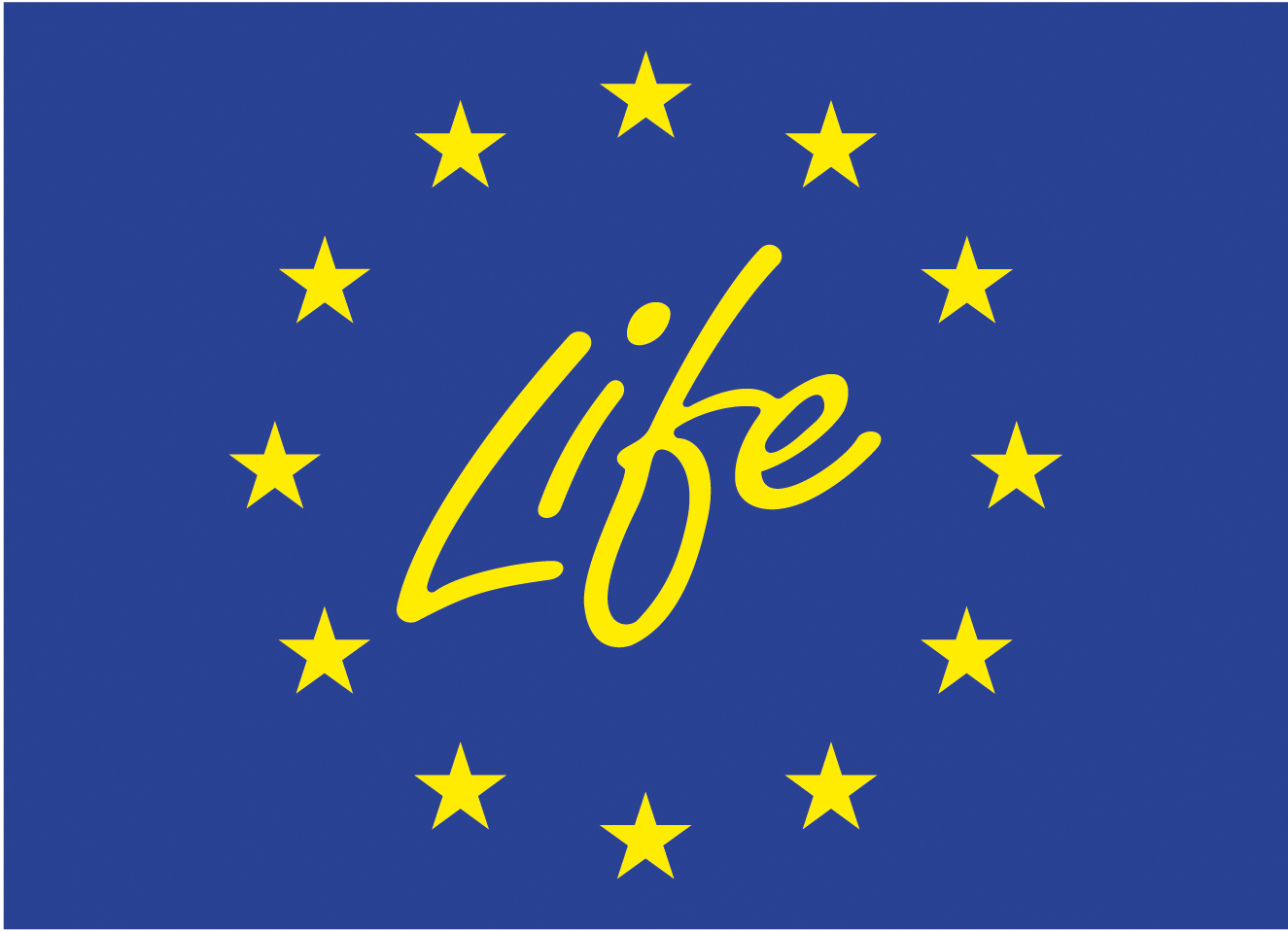24 finalists highlight excellent examples of EU organic from field to fork
On 19 July, the EU Commission revealed the finalists of the 2024 EU Organic Awards, the EU-wide yearly initiative recognising organic actors who have developed excellent, innovative, and inspiring projects that advance organic food and farming. This year, 24 finalists from 12 EU countries were selected across 8 different categories.
The EU Organic Awards, launched in 2022 as part of the Action Plan for the Development of Organic Production, aim to recognize excellence throughout the organic value chain. These awards not only showcase the best in organic farming but also raise awareness of organic practices and increase the visibility of the EU organic logo. Now in its third edition, the 2024 Awards feature seven categories, with eight individual awards to be presented. The awards are jointly organized by the European Commission, the European Economic and Social Committee, the European Committee of the Regions, IFOAM Organics Europe, and COPA-COGECA, with the support of the European Parliament and the Council of the European Union.
The winners of the 2024 EU Organic Awards will be announced at an official ceremony in Brussels on September 23, coinciding with the celebration of the annual EU Organic Day. Established in 2021 by the European Parliament, the European Commission, and the Council of the European Union, EU Organic Day is a key event that promotes organic farming as a model for sustainable development. It also serves as an opportunity to assess Europe’s progress towards its goal of having 25% of agricultural land dedicated to organic farming by 2030, as well as trends in consumer demand and the implementation of the EU Organic Action Plan.
This year’s finalists of the EU Organic Awards in each category are:
Best organic farmer (female)
- Blagovesta Vasilieva, The wild farm (ДИВАТА ФЕРМА), Gorno Pole, Eastern Rhodopes, Bulgaria
- Caroline Devillers, Bel Go Bio, Hollogne-sur-Geer, province of Liège, Belgique
- Reinhild Frech-Emmelmann, Reinsaat GmbH, St. Leonhard am Hornerwald, Lower Austria, Austria
Best organic farmer (male)
- Gianpaolo Mancini, Il sentiero del Riccio, Sicignano degli Alburni, Salerno, Italy
- Tommi Hasu, LuomuMattinen, Oravala, Kouvola, Finland
- Benny Schöpf, Kartoffelkombinat, München, Bavaria, Germany
Best organic region
- Comunidade Intermunicipal do Alto Tâmega e Barroso, Chaves, Portugal
- Comunidad autónoma de Castilla – La Mancha, Spain
- South Savo, Finland
Best organic city
- BioStadt Bremen, Germany
- Cascais, Lisbon district, Portugal
- Las Rozas, Community of Madrid, Spain
Best organic “bio-district”
- Distretto del Cibo Monregalese-Cebano, Cuneo, Piedmont, Italy
- Bioregião de S. Pedro do Sul, Viseu district, Beira alta, Portugal
- Sörmland Bio-district, Sörmland, Sweden
Best organic food processing SME (Small and Medium Enterprises)
- Biologon GmbH, Hochfilzen, Tyrol, Austria
- Gino Girolomoni Cooperativa Agricola, Isola del Piano, Montebello, Marche, Italy
- Organic veggie food GmbH/SOTO organic specialities, Bad Endorf, Bavaria, Germany
Best organic food retailer
- BIOGAST GmbH, Zwettl, Lower Austria, Austria
- Coolanowle Organic Meats, Ballickmoyler, County Laois, Ireland
- SAiFRESC, Catarroja, Valencian Community, Spain
Best organic restaurant/food service
- B2 Bio pur GmbH, Binsdorf, Baden-Württemberg, Germany
- Biohotel St. Daniel, Štanjel, Primórska region, Slovenia
- Kalf & Hansen, Stockholm, Sweden
Do you know of any projects that would be fit to apply for the next edition of the EU Organic Awards?
Documents with practical guidelines are available in all official EU languages. For more information about the previous winners of EU Organic Awards:
- Articles about past EU Organic Awards winners on our website,
- On social media using #EUOrganic,
- 2023: Videos winners #EUOrganic Awards 2023 and our article,
- 2022: Videos winners #EUOrganic Awards 2022, and our article.
Further information about the candidates, the selection criteria, and the awards in general can be found on the on the EU Organic Awards webpage.

The work of IFOAM Organics Europe on this topic is co-financed by the LIFE programme of the European Union, under the Climate, Infrastructure and Environment Executive Agency (CINEA). This page only reflects the views of the authors and its sole responsibility lies with IFOAM Organics Europe. The CINEA is not responsible for any use that may be made of the information provided.

